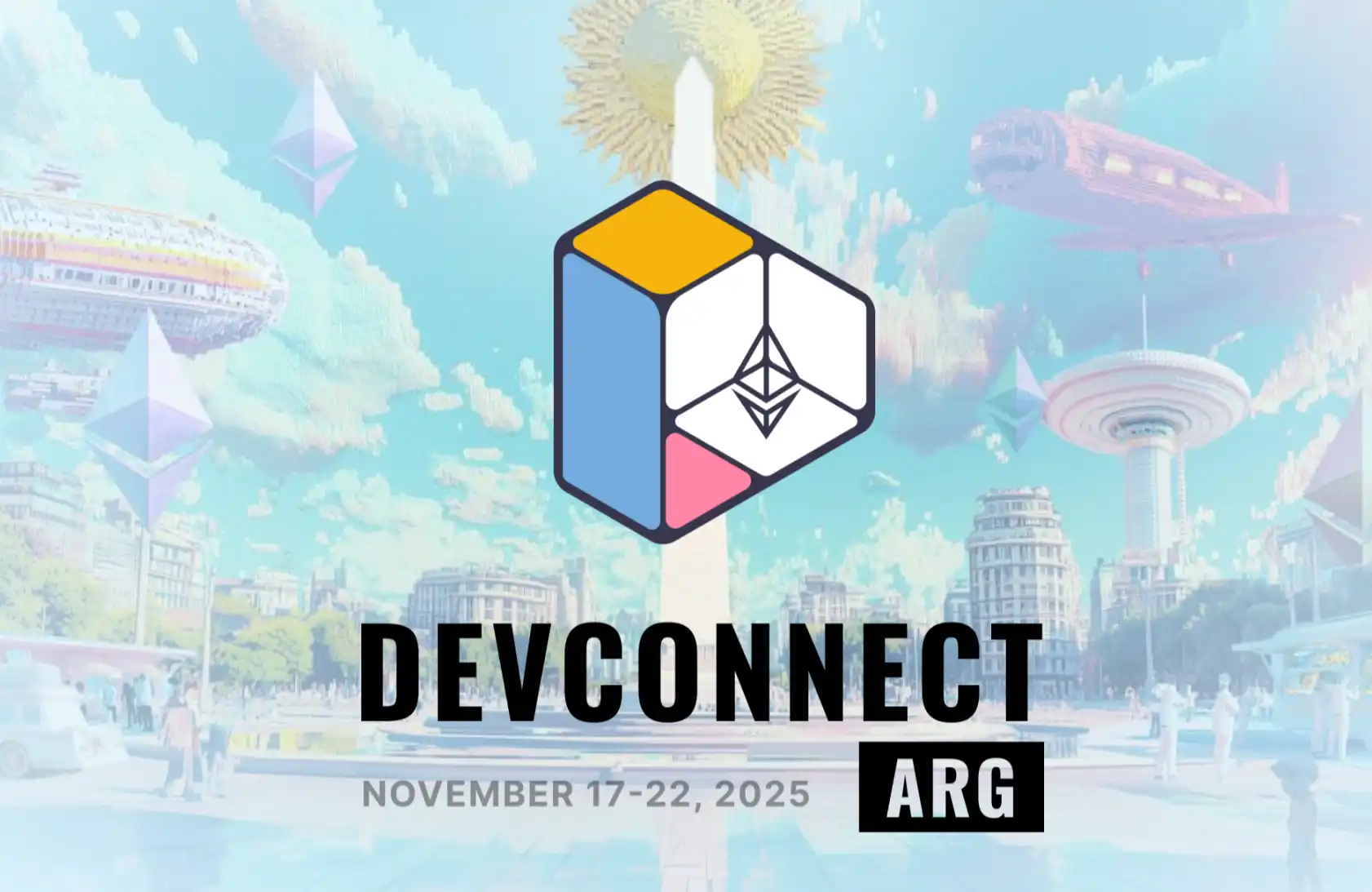Bitcoin’s transaction fees have fallen to a multi-year low
The outcome of a surprising — and mostly ideological — disagreement among Bitcoin node operators has resolved in favor of the average user.
For the first time in years, the minimum bitcoin (BTC) transaction fee is just 1/10th of one satoshi per virtual byte (vByte).
The decline is good news for everyday users of the network but is concerning for miners’ revenue and Bitcoin’s long-term security budget.
Many blocks are now paying half the transaction fees versus their median level just one month ago. Moreover, a significant percentage of blocks within the past few days are only partially full, meaning that even these new, infinitesimal fee rates are not attracting enough transactions to fill up every block.
1/1 billionth of a bitcoin
For most of Bitcoin Core’s existence, developers of this node software package defaulted to a minimum of one satoshi — equal to 1/100 millionth of a BTC — for transactions to gain entry into its popular memory pool (mempool) from which miners select transactions for blockchain inclusion.
However, as corporations inserted commercial interests into these mempool policy-making discussions, Core developers began advocating for relaxing not only the one-satoshi floor but also the mempool’s storage limitations for data unrelated to the on-chain movement of BTC.
Both initiatives prevailed over conservative opposition.
By early June, Core developers announced unprecedented data storage easements for arbitrary media, code, and commercial inscriptions.
By mid-July, BTC mining pool operators also began slashing their minimum fee rate 90% from one to 1/10 of a satoshi.
Read more: FixTheFilters: Bitcoin arguments go viral over relaxing Core data storage
The pie was supposed to grow
Champions of those initiatives thought that these two easements would have welcomed new users onto the Bitcoin network. The idea was to grow the pie itself — even if miners’ slice of the pie shrunk.
The goal was more users, more transactions, more data, more fees, and more everything.
Instead, activity levels barely budged. The only thing that meaningfully changed — downward — was the transaction fee rate.
As more pool operators and node operators modified their Bitcoin Core software to accept fees 90% lower than one satoshi into their mempool, the chart of percent of miner revenue from BTC fees has declined to its lowest level since 2022: 0.6%.
Fortunately, Bitcoin’s hard-coded coinbase reward per block — payable separate from user-donated transaction fees — continues to pay miners the vast majority of their revenue. Yesterday, in fact, it paid 99.4% of miners’ revenue.
Of course, this coinbase reward halves every four years, so permanently low transaction fees are ultimately unsustainable for Bitcoin’s long-term security.
Disclaimer: The content of this article solely reflects the author's opinion and does not represent the platform in any capacity. This article is not intended to serve as a reference for making investment decisions.
You may also like
BTC Volatility Weekly Review
BTC Volatility Weekly Review (November 10 - 17): Key indicators (from 4:00 PM Hong Kong time on November 10 to November 17...)

Q3 earnings season: Diverging strategies among 11 Wall Street financial giants—some are selling off, while others are doubling down
Technology stocks led by Nvidia have become a key reference signal for global capital allocation strategies.

Highlights from the Ethereum Argentina Developers Conference: Technology, Community, and Future Roadmap
While reflecting on the past decade of infrastructure development, Ethereum clearly outlined its key priorities for the next ten years at the developer conference: scalability, security, privacy, and institutional adoption.

Compliance Privacy: What is Kohaku, Ethereum’s Latest Major Privacy Upgrade?
Vitalik once said, "If there is no privacy transformation, Ethereum will fail."

